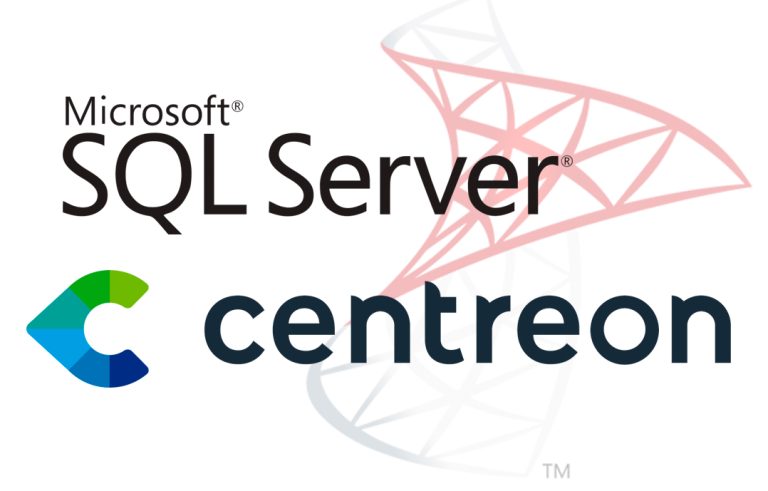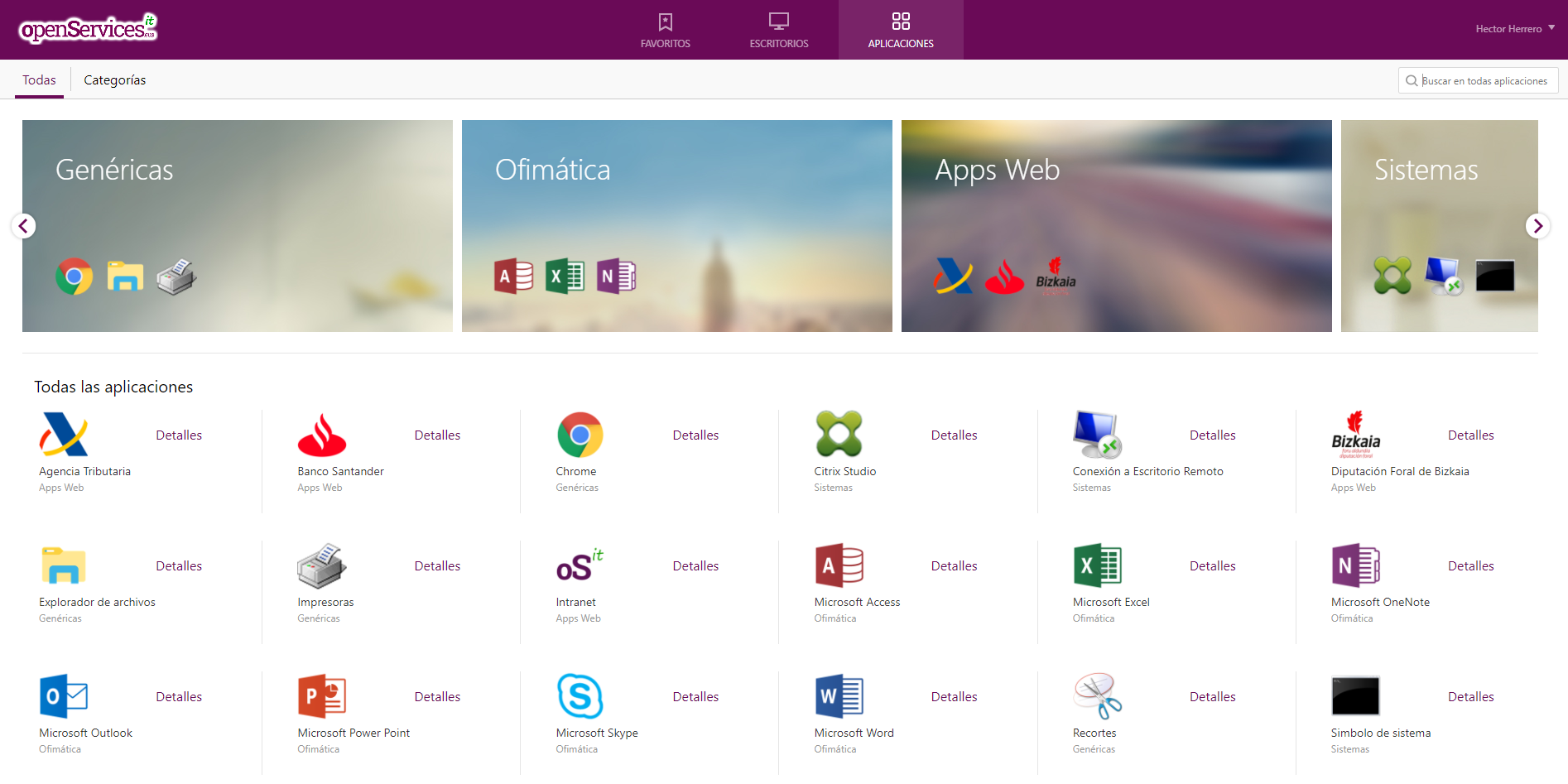
Exporting and Importing Mailboxes or PST Files into Microsoft Exchange 2010 SP1
Prior to Exchange 2010 SP1 we used the Export-Mailbox command (Exchange 2007 and Exchange 2010) o Dive (Exchange 2003) to export our mailboxes to PST's files. Thanks to Exchange SP1 2010 we'll use 'New-MailboxExportRequest’ and it will therefore not be necessary to have any Outlook on premises. We will perform this procedure on an Exchange server 2010 SP1, We will have to indicate which user or group will be in charge of carrying out these imports or exports, so we will have to add the role of 'Mailbox Import Export'. Otherwise, by default members of the 'Organization Management'’ will have such roles.
With the command 'New-ManagementRoleAssignment –Role “Mailbox Import Export” [–User USER] [–SecurityGroup GROUP]’ assign permissions to other groups or users (note that they should also be local administrators of the Exchange server). And we could already execute the export or import commands with that user; we must close and open the Exchange Management Shell before that.
With the command 'New-MailboxExportRequest -Mailbox USER -FilePath “RUTA_UNCarchivo.pst”‘ We will export a mailbox individually.
With the 'foreach' command ($I in (Get-Mailbox)) { New-MailboxExportRequest -Mailbox $i -FilePath “RUTA_UNC$($i.Alias).Pst” }’ we will export all mailboxes in our Exchange Server organization 2010. In the event that we have a mixed environment and not all of our servers are Exchange 2010 this command will give us errors with mailboxes that are not on Exchange mailbox servers 2010, so we should filter and run: 'foreach ($I in (Get-Mailbox | Where {$_. ExchangeVersion.ExchangeBuild.Major -eq 14})) { New-MailboxExportRequest -Mailbox $i -FilePath “RUTA_UNC${$i.Alias).Pst” }’
We will be able to check the status of the export tasks at any time using 'Get-MailboxExportRequest'. If we need to import mailboxes individually, we will do it in a similar way to the extension with the command 'New-MailboxImportRequest -Mailbox USER -FilePath “RUTA_UNCarchivo.pst'; In the case of needing a bulk import we can use the command ‘Import-Csv‘ using a CSV file in which we will have a single column with the aliases to import, We'd run 'foreach' ($I in (Import-Csv .exports.csv)) { New-MailboxExportRequest -Mailbox $i.Alias -FilePath “RUTA_UNC$($i.Alias).Pst” }’












































